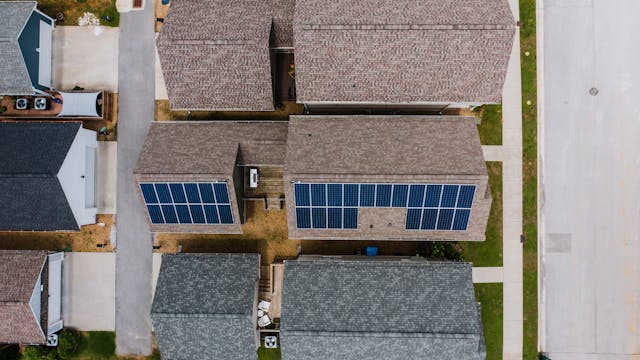Retirement is a new chapter in life. For many seniors, it’s also a time to reevaluate personal habits – including being more eco-friendly. Good news: living eco-friendly doesn’t have to mean big changes.
Small, steady changes can reduce your impact on the environment and save you money and improve your health. If you’re 65 or older, now might be the perfect time to live a little greener.
Eco-Friendly Healthcare and Products
Seniors use more healthcare services and products so it helps to be mindful of waste in this area. Go digital with your records and communication with your doctor and insurance company. Choose over-the-counter items in recyclable packaging and use reusable cloths instead of disposable wipes. Many personal care products now offer eco-friendly options – shampoo bars, refillable deodorants, plant-based cleaners. These small changes reduce the amount of plastic in the waste stream and can be just as effective as the conventional options.
Additionally, articles from Boomer Benefits often highlight ways to navigate Medicare efficiently, which can also support smarter, less wasteful healthcare decisions.
Sustainable Downsizing
Downsizing is a common retirement decision, often driven by financial, mobility, or maintenance concerns—but it can also be an environmentally responsible one. Smaller homes typically require less energy for heating, cooling, and lighting, and fewer resources for upkeep.
Whether moving to a condo, a smaller house, or a retirement community, reducing living space often lowers long-term energy use without sacrificing comfort. During this transition, some retirees choose to simplify the home-selling process by working with buyers such as Cornerstone Homebuyers, particularly when the goal is to reduce logistical complexity rather than maximize renovation or listing efforts. This approach can make downsizing more manageable while limiting additional material use.
Energy Efficiency at Home
You don’t have to install solar panels to be energy efficient. Switch to LED light bulbs, seal your windows and doors and use a programmable thermostat. For appliances look for the ENERGY STAR label. These products meet the government’s requirements for energy and money saving. Even washing clothes in cold water and air drying when possible can make a difference over time.
Some local companies and government programs offer home energy assessments for seniors and low income households if you qualify. These services can help you identify where your home is wasting energy and how to fix it affordably.
Sustainable Transportation
Retirement means less daily commuting which already reduces emissions. But you can still make other changes like walking, biking or using public transport to use less fuel. Carpooling or combining errands into one trip can also help you drive less.
If you’re in the market for a new vehicle consider a hybrid or electric if you can afford it. While the upfront cost may be higher electric vehicles have lower long term maintenance and fuel costs.
Reduce and Reuse
Recycling is important but reducing and reusing can have a bigger impact. Cutting down on single use plastics by using items like reusable shopping bags, water bottles and containers is a simple step most people can take. Many stores now sell refillable cleaning supplies and toiletries to reduce packaging waste as well.
If you enjoy hobbies like sewing, woodworking or gardening consider how you can make them more sustainable. Upcycling old items into something new or repurposing materials you already have can be creative and eco friendly.
Sustainable Eating Habits
Eating habits can have a big impact on your environmental footprint. Reducing meat consumption even just a few days a week can lower your carbon footprint. Local and seasonal produce requires less transportation and packaging so consider going to farmers markets. These are a great source of fresh local food and also support your local economy.
Avoiding food waste is another important part of eco living. Planning meals, freezing leftovers and composting scraps can prevent excess food from ending up in the trash. If you have a backyard or patio growing herbs or vegetables in containers can also be fun and sustainable.
Conclusion
Eco living after 65 doesn’t have to be perfect. It’s about making thoughtful manageable changes that benefit both the planet and your daily life. Whether it’s using less energy, eating more sustainably or reducing waste every little bit counts. Retirement is a new chapter for many people and it can be one where you leave a better footprint for the generations to come.




